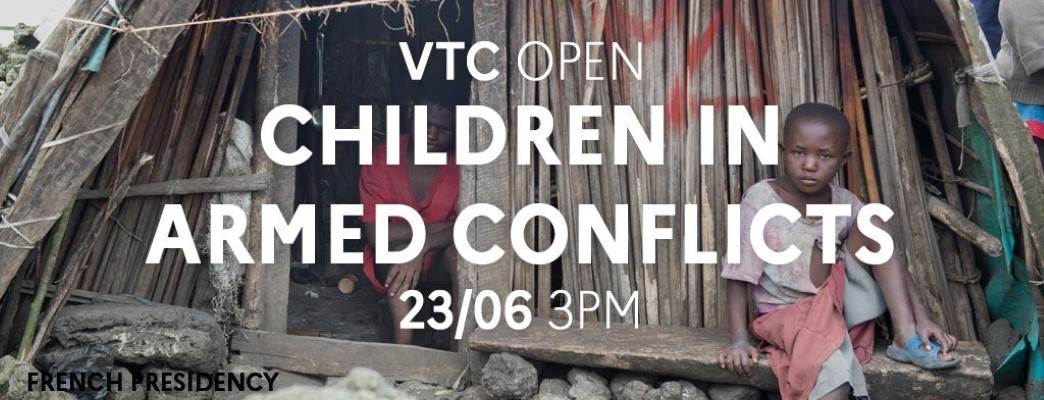The Nordic countries – Denmark, Finland, Iceland, Sweden and Norway - are deeply concerned about the continued increase in verified violations and abuses against children, including denial of humanitarian access. This trend can, and must, be reversed.
First and foremost, parties to conflict must respect international law, including international humanitarian law and human rights law. Violations and abuses against children during armed conflict have immediate and long-term negative impact not only on children themselves, but also on their communities and societies. Equally, protecting children and upholding their rights in situations of armed conflict, contributes to conflict prevention and to building peace by supporting successful reconciliation, reintegration and development.
Education is a human right that is guaranteed in international human rights law. It is fundamental for human, social, and economic development and a key element to achieving lasting peace and sustainable development. Continued access to safe education can help protect children and youth from the impacts of armed conflict. We must all do more to provide and protect education in emergencies, protracted crises and conflict. With a special emphasis on girls’ access to education.
The Safe Schools Declaration is an important protection tool in this context, with its primary objective to prevent military use of schools and stop attacks on schools during armed conflicts. As we celebrate its fifth anniversary, we are pleased that 104 States have endorsed the Safe Schools Declaration so far. We welcome the concrete steps endorsing States are taking to implement the Declaration, and we encourage all States to join and implement the Safe Schools Declaration.
The Nordic countries also remain particularly concerned by the continued silence and stigma related to sexual and gender-based violence. We must speak openly and frankly about these terrible crimes, and their impacts, if we are to truly combat and prevent them. To this end, at the international conference on ‘Ending sexual and gender-based violence in humanitarian crises’ in Oslo last year, States made significant pledges for increased funding and renewed action. We urge all States and organisations to translate these commitments into action.
We must also recommit to ensuring the successful reintegration of children formerly associated with armed or violent groups. This is not only in the best interest of the child, but also an important contribution to building sustainable and peaceful societies. The human rights of children formerly associated with armed or violent groups must be fully respected, in line with international law, including the Convention on the Rights of the Child. Resolution 2427 also provides an important framework stressing accountability for all violations and abuses against children, not just the gravest crimes. As such, Resolution 2427 represents a new standard for the prevention of human rights violations and abuses and violations of international humanitarian law. It is now up to all of us to translate this resolution into reality. Children involved in armed conflict need not only comprehensive support, care and protection, but also justice. Securing accountability for conflict-related crimes involving children is of utmost importance, and we would like to recognize the important work of Justice Rapid Response - a global facility that provides rapidly deployable specialized justice experts - for their efforts.
We welcome the Secretary-General’s report on Children and Armed Conflict and wish to highlight the importance we place on a transparent process that ensures all relevant States and parties to conflict are included in the report and its annexes. Additionally, we highlight that signing of an Action Plan should not alone form the basis for delisting in the Secretary-General’s report.
We reiterate our strong support for the Special Representative of the Secretary-General for Children and Armed Conflict. Ms Gamba, who plays an essential role at the global, regional and national level by advocating for children’s protection and the rights of the child and providing practical guidance. In particular, the “UN’s Practical Guidance for Mediators to Protect Children in Situations of Armed Conflict” which was launched by the Office of the Special Representative in February 2020 with the support of Sweden and Belgium.
This issue has remained on our agenda for too long. Parties to conflict and the international community can, and must, do more to protect the increasing number of children and young people affected by armed conflict, and to ensure that they are included in peacebuilding and development processes. The Nordic countries again urge all UN Member States to ensure that children in armed conflict get the attention, protection and the respect for their human rights that they are entitled to.
